Issue 2: Authenticating Aboriginal and dual names
The clear view expressed across submissions was that local Aboriginal groups and organisations should be engaged as part of the authentication process of Aboriginal and dual name proposals. The vast majority of submissions also supported the development of minimum standards to support name nominations, and the Board’s ability to seek the consul of any entity or individual that may assist in the authentication and validation of name proposals.
Question 2.1: Should a revised Aboriginal and Dual Naming Policy allow for a register of supplementary organisations or individuals that may provide expert advice on the authentication of proposed Aboriginal and dual names?
Ten submissions responded to this question, with nine supporting the development of a register of supplementary organisations that may contribute to the Aboriginal and dual name authentication process. The support of three submissions was qualified by a need to ensure that local Aboriginal groups and organisations contributed to the authentication process , particularly in regards to the authentication of proposed Aboriginal and dual names on their area .
Two Aboriginal community organisation submissions cited a preference to endorse the membership of any authentication register adopted or created by the Nomenclature Board .
One (non-Aboriginal individual) submission highlighted that ‘the TAC appears to have a strong track record of research, advocacy and consultation on the issues of Aboriginal and dual naming. In a small place like Tasmania it would achieve both policy integrity and resource efficiency to empower one Agency, which has a track record of developing resources, mobilizing expertise and consulting effectively, to be the primary proposer of names and name changes’ .
Question 2.2: Should a revised Aboriginal and Dual Naming Policy include minimum standards for accompanying information to be submitted to the Nomenclature Board with name proposals?
Eleven respondents provided a response to this question. All but one supported the development of minimum standards for information to accompany submissions to the Nomenclature Board. One submission agreed that ‘the Board should be provided with as much evidence as possible in considering whether a dual name is valid or appropriate, we are concerned that the creation of minimum standards for accompanying information may result in legitimate dual names being rejected’ . This respondent also questioned that ‘if minimum standards are to be adopted, there should be consideration of how non-traditional forms of evidence, such as oral histories, can be effectively incorporated into these standards. This should be led by input from Tasmanian Aboriginal people and community organisations’.
One supporting submission detailed that such minimum standards should ‘indicate [the] people and bodies who have been consulted in relation to any chosen name’ .
Question 2.3: Should a revised Aboriginal and Dual Naming Policy enable the Nomenclature Board to consult or engage with any individual, group or entity if it considers that doing so may improve its decision making on proposed Aboriginal and dual names?
There was unanimous support across the 14 respondents that responded to this question. While some respondents also covered this issue in responses to the above two questions (2.2 & 2.3) pertaining to Aboriginal community consultation, there were specific supporting comments that reaffirmed such consultation and engagement should include ‘endorsement by the local [Aboriginal] community organisation’ .
One local government submission supported ‘a policy which requires the provision of supporting information to accompany future nominations and the ability to consult with experts in order to ensure the validity and authenticity or proposed Aboriginal names’ .
Another submission suggested that the Nomenclature Board should simply have one overarching rule that enables it to consult or engage with any organisation that it determines can support the Board’s decision making pertaining to Aboriginal and dual name nominations .
